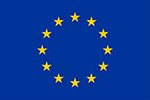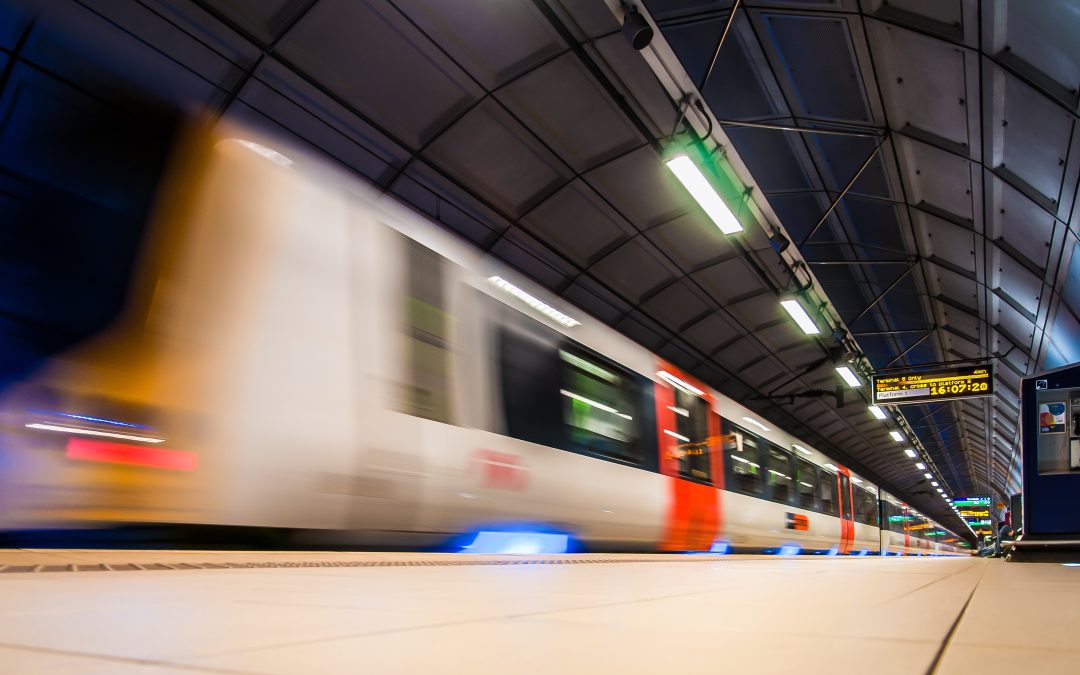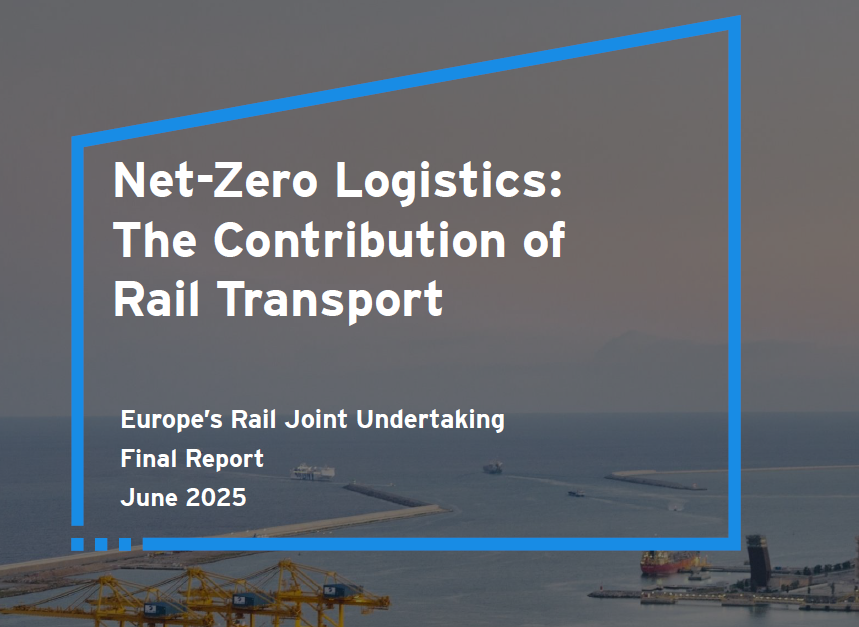Europe must take decisive steps to simplify and modernise its rail systems to strengthen competitiveness,...

Image: Victor Cap – Mostphotos
Without a doubt, the future holds a drastic transformation of how we move. Automation and digitalisation have a profound impact on mobility systems and shift the personal experience of public and private transport in a new direction.
With rail currently being the most sustainable transport mode, digital technologies that make rail more attractive for customers may provide the answer to pressing environmental concerns related to the dominance of single-occupancy cars and increasingly congested urban spaces. But how can we make sustainable transport modes more attractive to customers?
Alongside other Shift2Rail projects part of the Innovation Programme 4 (IP4), Co-Active is working towards creating the opportunity for passengers to book door-to-door journeys from any place in Europe involving traditional as well as new transport modes in a one-stop shop. This would mean that complicated booking and paying processes are relics of the past.
Imagine planning a trip from Brussels to a seaside town in Germany, a roughly 500 km cross-border journey. To find the best route you would simply use your mobile device to select the place of departure and your destination and you would book the whole trip including the rail section, possibly a plane ride and, why not, a shared city bike for the last part in just one click.
Co-active: Click and Go
The Shift2Rail project Co-Active is working to improve the current mobility services for European passengers. “We are developing a pan-European one-stop capability to plan door-to-door journeys from any place in Europe and involving many travel modes, especially the new transport modes”, explains Co-Active coordinator Nihad Bahri, Systems Engineering Manager at Thales.
More specifically, the Co-Active project team works on two S2R Technology Demonstrators, ‘Travel Shopping’ and ‘Booking & Ticketing’, which aim to facilitate complex trip planning and to support customers during and after their journeys.
The ‘Travel Shopping’ demonstrator assists with the planning of trips proposing offers involving several different transport modes across Europe. It enables customers to access a platform where they can choose from a comprehensive range of itineraries for the trip they have requested. The offers take suggestions from different operators into account using existing services by connecting the legacy systems of the transport providers.
The work on ‘Booking &Ticketing’ demonstrator involves secure booking and payment via a virtual credit card of the selected trip and the associated ancillary services as well as a reliable clearing and settlement between the third party retailer and the respective transport services providers. It thus makes simultaneous interactions with multiple booking and payment services possible, which drastically reduces the complexity of multimodal trip booking.
Rebooking and cancelling the whole or one part of the journey will not be a painstaking and time-consuming endeavour any longer, especially when dealing with travel disruptions. Changing the initial itinerary, which is currently often the source of much frustration, will be easily managed via a mobile device.
A common legal framework
Involving numerous different stakeholders in Europe means that there is a need for a common legal ground. The relationship between all actors has to be well defined and organised to ensure a smooth exchange. Besides technical aspects, the Co-active research team has been examining current contractual agreements between different businesses and between businesses and customers.
“Currently, the biggest challenge is that there are perhaps common rules for one particular transport mode in all Europe but they are different in every other transport mode or there are common rules in several transport modes but they are different in every country”, says Nihad Bahri.
To remedy this issue, the Co-Active team have been analysing existing rules and agreements in Europe across different transport modes in an attempt to establish a common ground. The aim is to create a map of common agreements that corresponds to most transport modes in Europe, which will be further improved and extended in future Shift2Rail projects.
The bigger picture
Within Shift2Rail, partners are working together to deliver a pan-European solution to multi-modal transport across the continent. “Several companies are currently working on similar concepts but each one is focused on the cultural limitations and local constraints of the countries where they are present”, elucidates the project coordinator.
As part of the S2R JU programme, the overall objectives are geared towards the needs of the general public and not the interest of a specific country: “Shift2Rail helps to make numerous partners work on a great project that will benefit all European travellers. Not only those from one country or the other, not only those from West or North Europe, but the European travellers in their cities, regions and across Europe”, stresses Nihad Bahri.
Co-active, which will present its final results in December 2018, is part of a larger system of IP4 projects within Shift2Rail interconnected and sharing a programme with the same goal—to create the opportunity for all travellers to plan, book, pay and manage multimodal journeys in Europe in a one-stop-shop.
Digitalisation will fuel a far-reaching system transformation of mobility. In the long run, improving the service for passengers is the key to paving the way for a bright future for sustainable transport modes.
















